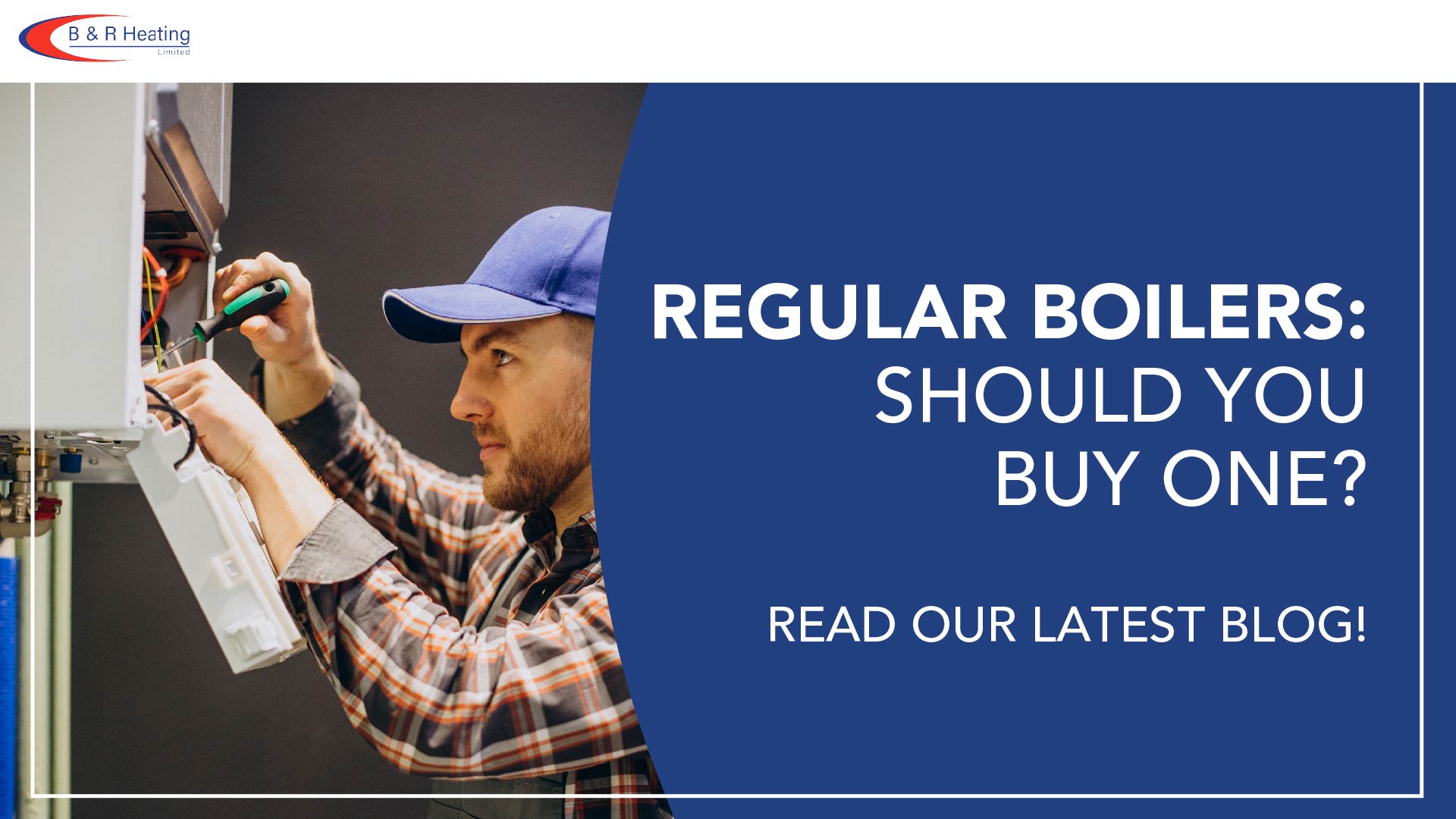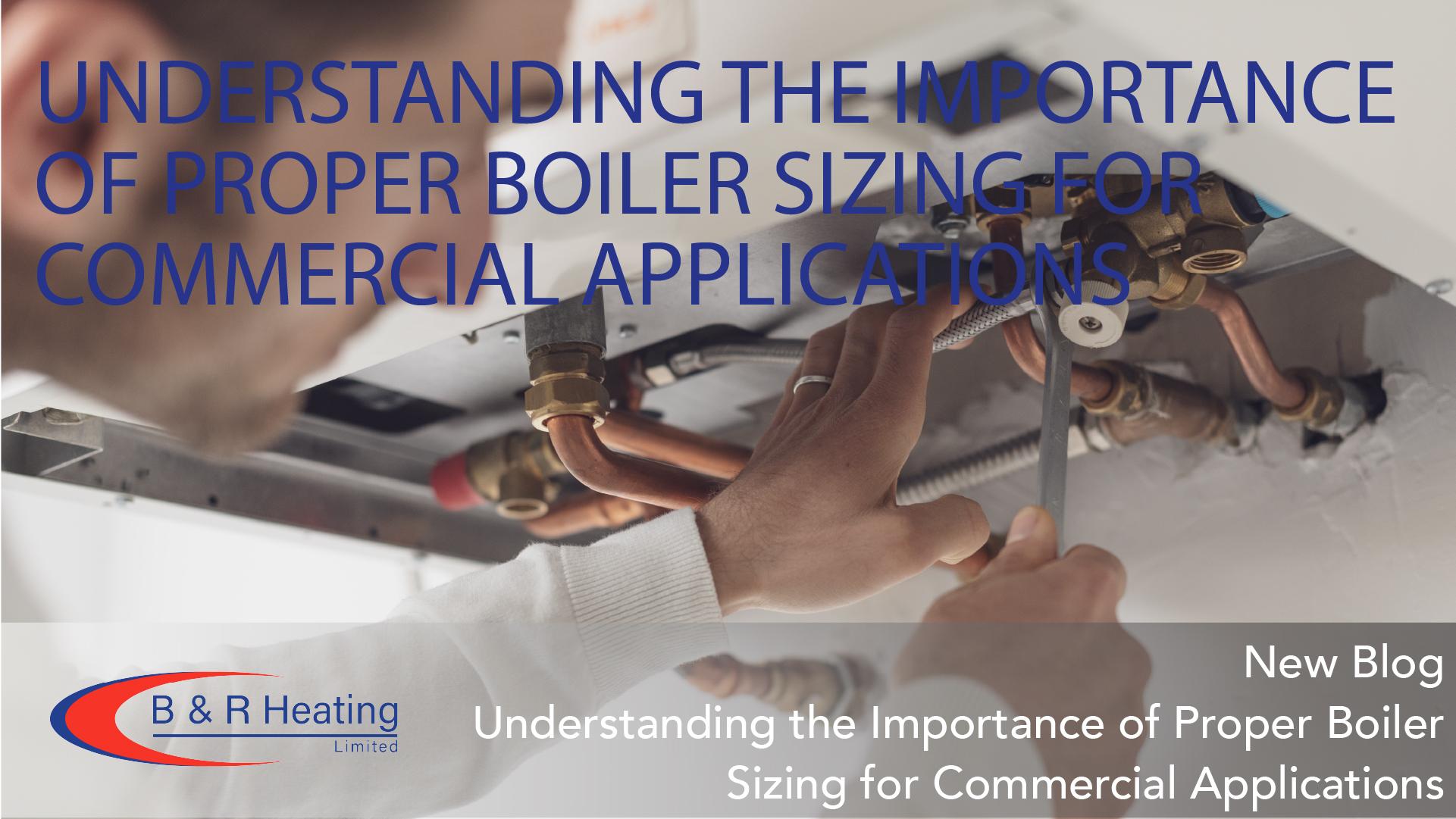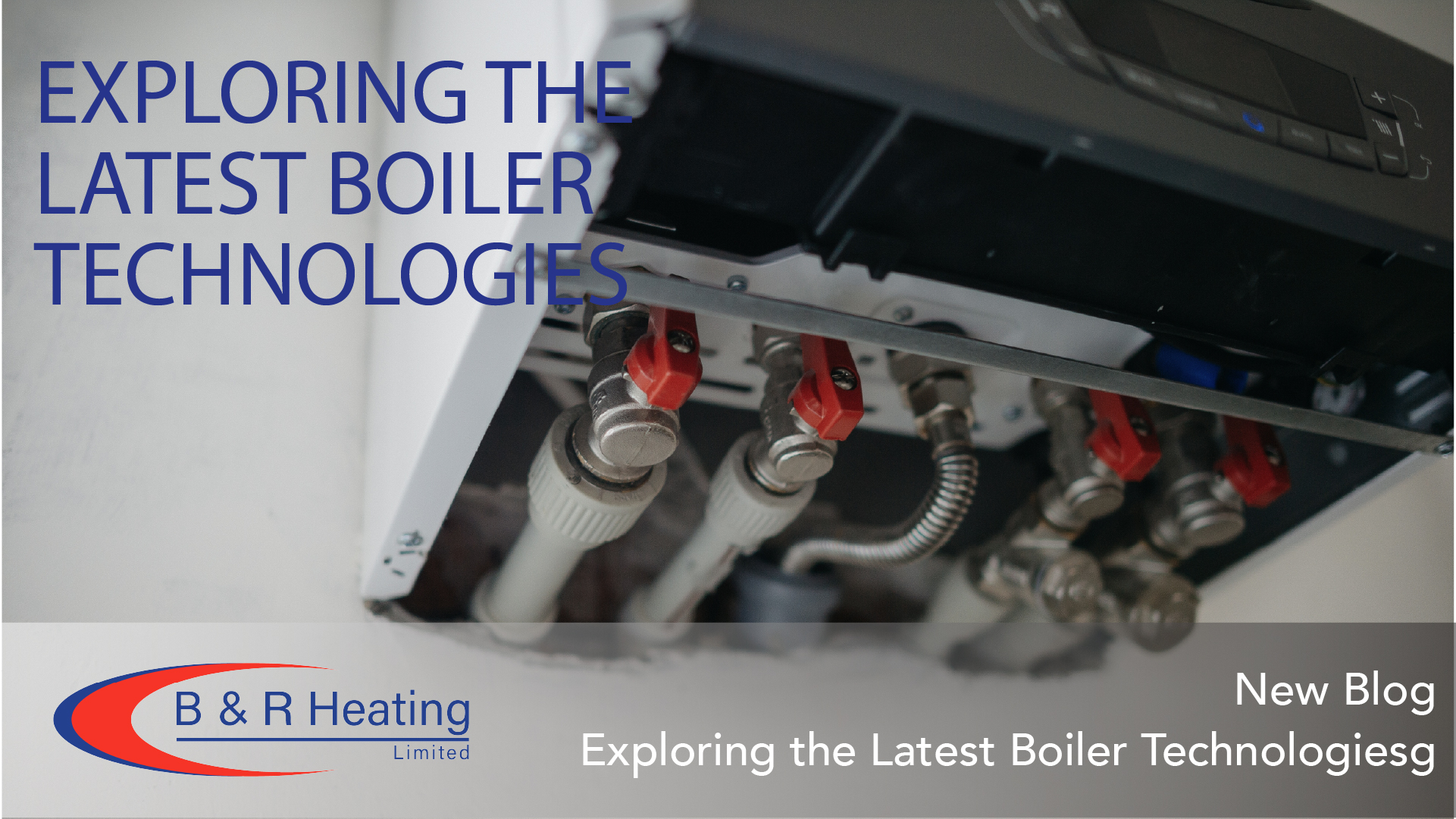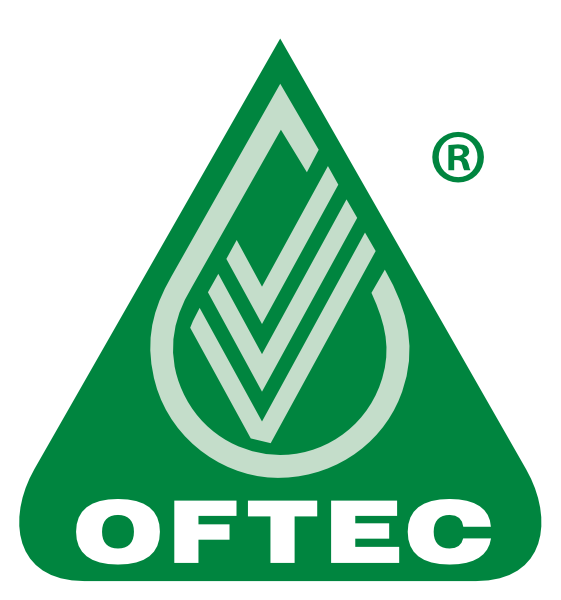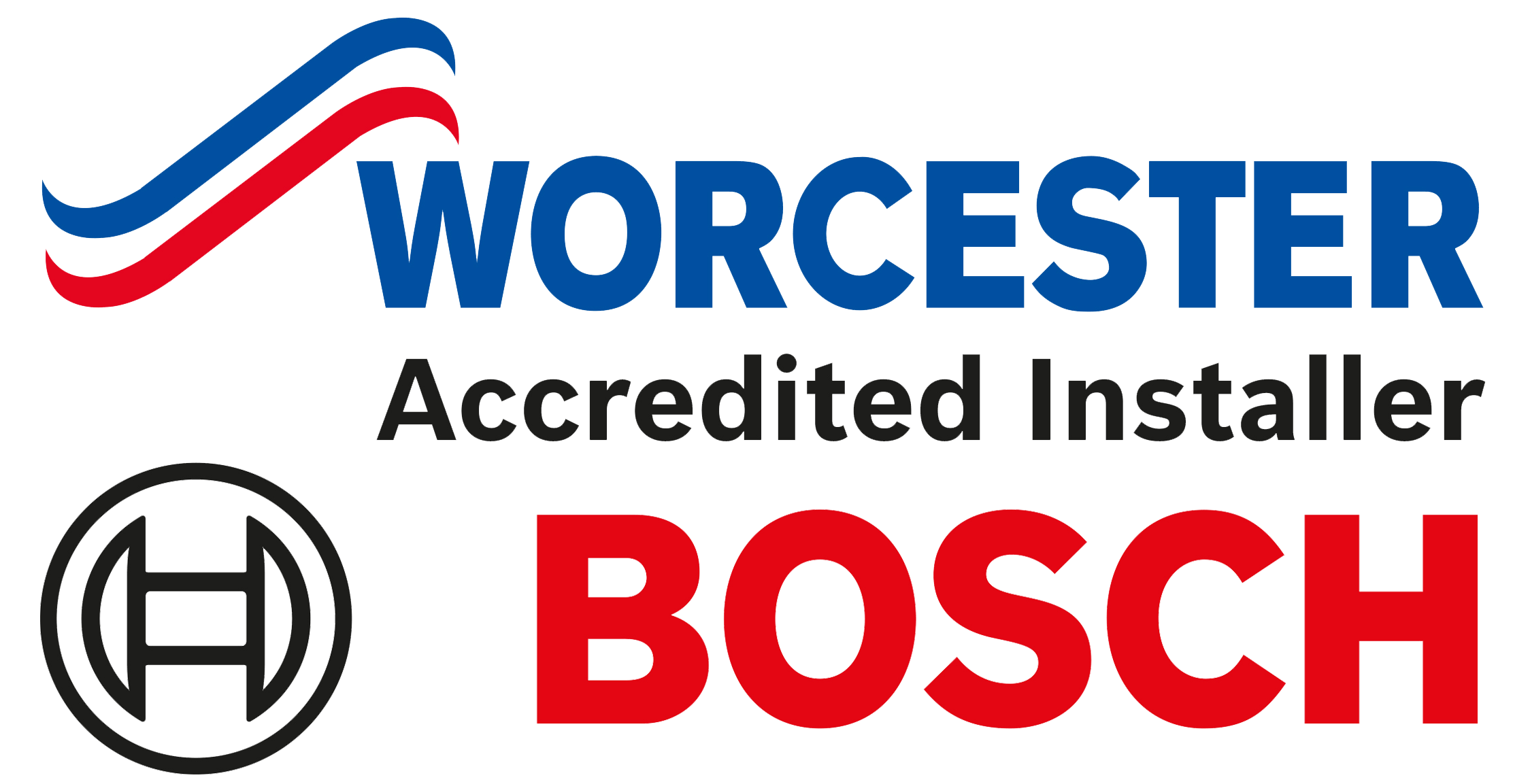Are you thinking of having a new boiler installed? We offer gas boiler repair and installation services in Plymouth and across the South West. But is a regular gas boiler the right option for you? Keep reading to find out!
What are the different types of boilers?
There are three main types of boilers for you to choose from. Each boiler has different capacities and requirements, all of which you should consider when deciding which type of boiler to have installed in your home. Read on to learn more about the different types of boilers.
Regular boilers
These are sometimes referred to as conventional, heat-only, or traditional boilers. Regular boilers are often found in older homes and are best suited to homes with an existing traditional heating system. These boilers are linked to a separate hot water cylinder, as well as a cold-water storage tank to feed this hot water cylinder. An additional tank is required to maintain the water levels of the heating system.
System boilers
These boilers also require an additional tank to store hot water. The heating components are built into the boiler, making it easier to install compared to a regular boiler. There’s no need for a tank in the loft, making it a more suitable option for homes with little or no loft space.
Combi boilers
Combination or ‘combi’ boilers are a common option in modern homes. These boilers heat water directly from the mains, meaning there is no need for any additional tanks. As water is heated as and when needed, this makes combi boilers an incredibly cost-effective and energy-efficient option.
As well as the type of boiler, you might want to consider the type of fuel you use to power your boiler. At B&R Heating, we offer gas, oil and LPG boilers for installation. The type of fuel can affect your boiler’s performance and running cost, so it’s important to consider your options.
Oil boilers
These work by using an external oil tank to fuel the boiler. These boilers are more common in rural areas where there is little or no access to the mains gas grid. Oil is an efficient resource for heating, with an efficiency rating of over 90%. However, they do require a separate oil tank which can be expensive to install and maintain, so it may not be the best option for your home.
Gas boilers
This is the most common type of boiler, with most people having access to the gas mains. They don’t require any fuel storage tanks and are typically the cheapest option, using the least amount of fuel. While the cost of fuel is cheap, the upfront cost of the boiler itself is typically more than that of an oil boiler. If your boiler fails and you’re in need of gas boiler repair, this can be achieved by a Gas Safe engineer.
LPG boilers
These boilers are becoming increasingly popular as a method of reducing carbon footprint, as they are a cleaner option than oil. Again, they are suited to homes with little or no access to the mains’ gas, using a separate tank to store the gas. As LPG is dense, it can be stored in a relatively small tank. These tanks can, again, be expensive to re-purchase.
What are the pros of a regular gas boiler?
Regular or conventional boilers are common in larger homes with traditional heating systems. They are the best option for homes with many people or multiple bathrooms as they are more effective at delivering hot water to multiple outlets compared to combi boilers. Some of the main advantages are:
- They still function effectively when your mains pressure is low
- You can receive hot water at multiple locations at the same time (e.g. if someone is running the tap and someone is in the shower)
- Their simple design is easy to maintain
- An immersion heater can be installed in case of a boiler breakdown
- They are compatible with older heating systems (e.g. older radiators that cannot cope with the water pressure of a modern combi boiler)
- Gas boiler repair is readily available
What are the cons of a regular gas boiler?
Unfortunately, there are some drawbacks to having a regular boiler that you might want to consider. These include:
- Low pressure and hot water levels for showers
- Additional space is needed for the hot and cold tanks
- The efficiency is lower than a combi boiler as heat is lost in storage
- Once the hot water has run out, it can take time to reheat
- Hot water must be heated in advance, not as and when you need it
Ultimately, you need to weigh out the pros and cons when it comes to installing a regular boiler. In a small home, you will generally be better off with a combi boiler, but you might want to consider the advantages of a regular boiler in a larger room with multiple bathrooms.
Gas boiler repair with B&R Heating
If you do have a regular gas boiler installed, you might be wondering about what to do if the boiler fails. At B&R Heating, we’re here to help! Our Gas Safe, experienced engineers are available to service and repair your boiler. We provide our services in Plymouth and across the South West.
Feel free to get in touch with us by giving us a call on 01752 695050 or by visiting our contact page.

